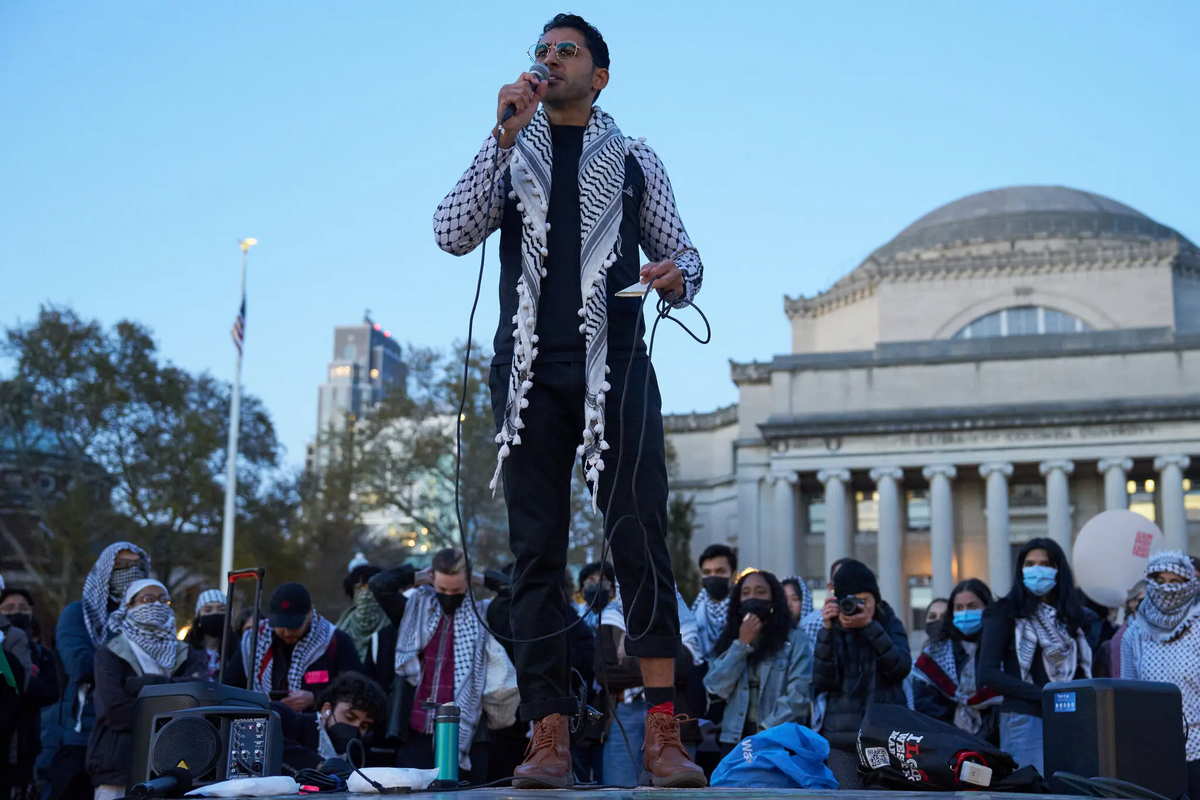We are now reaching a tipping point.

Mohsen Mahdawi’s arrest is a chilling warning about the fragility of constitutional protections in the United States. As a lawful permanent resident and student at Columbia University, Mahdawi was detained by federal agents in Vermont while attending what should have been a routine naturalization interview. The government’s justification—a vague claim that his presence posed “adverse foreign policy consequences” due to his pro-Palestinian advocacy—amounts to punishment for constitutionally protected speech. This is not a hypothetical threat to civil liberties; it is the government using its power to silence dissent, bypassing the foundational requirement that liberty cannot be denied without due process and evidence.
Mahdawi’s case is not an isolated incident. Mahmoud Khalil, another Columbia student and green card holder, was arrested in the lobby of his campus apartment and faces deportation under the same obscure provision of immigration law. The government’s evidence against Khalil is built on tabloid articles and unsubstantiated claims, not on criminal conduct. Despite the lack of credible evidence, an immigration judge ruled that Khalil’s advocacy and associations—protected under the First Amendment—were sufficient to justify his removal as a supposed national security risk. The government’s actions here are not about justice or public safety; they are about making an example of those who challenge official narratives.
The case of Kilmar Abrego Garcia, deported to El Salvador due to an “administrative error” despite legal protections against removal, further exposes the dangers of unchecked executive power. Garcia, a lawful resident with a family in Maryland, was sent to a notorious prison in El Salvador, where he faces inhumane conditions and grave risk, all while the government claims courts have no jurisdiction to intervene. This is not just a bureaucratic mistake; it is a violation of the principle that everyone detained in the United States is entitled to due process, legal counsel, and judicial review.
These cases lay bare a fundamental truth: the difference between representative democracy and authoritarianism is the rule of law and the infallibility of the Constitution. Protests and political speech are not crimes; they are rights enshrined in the First Amendment. Green card holders, like all persons within U.S. borders, are protected by the Constitution’s guarantees of due process and the presumption of innocence. When the government detains and seeks to deport individuals for their beliefs or associations—without evidence, without trial, and without respect for their rights—it crosses a line that history has shown leads to tyranny and injustice. This is not just a legal technicality; it is a warning that must be heeded. If we allow these abuses to stand, we betray the very ideals that distinguish democracy from the authoritarian regimes I have seen firsthand—where the presumption of guilt, collective punishment, and the silencing of dissent are the norm.
